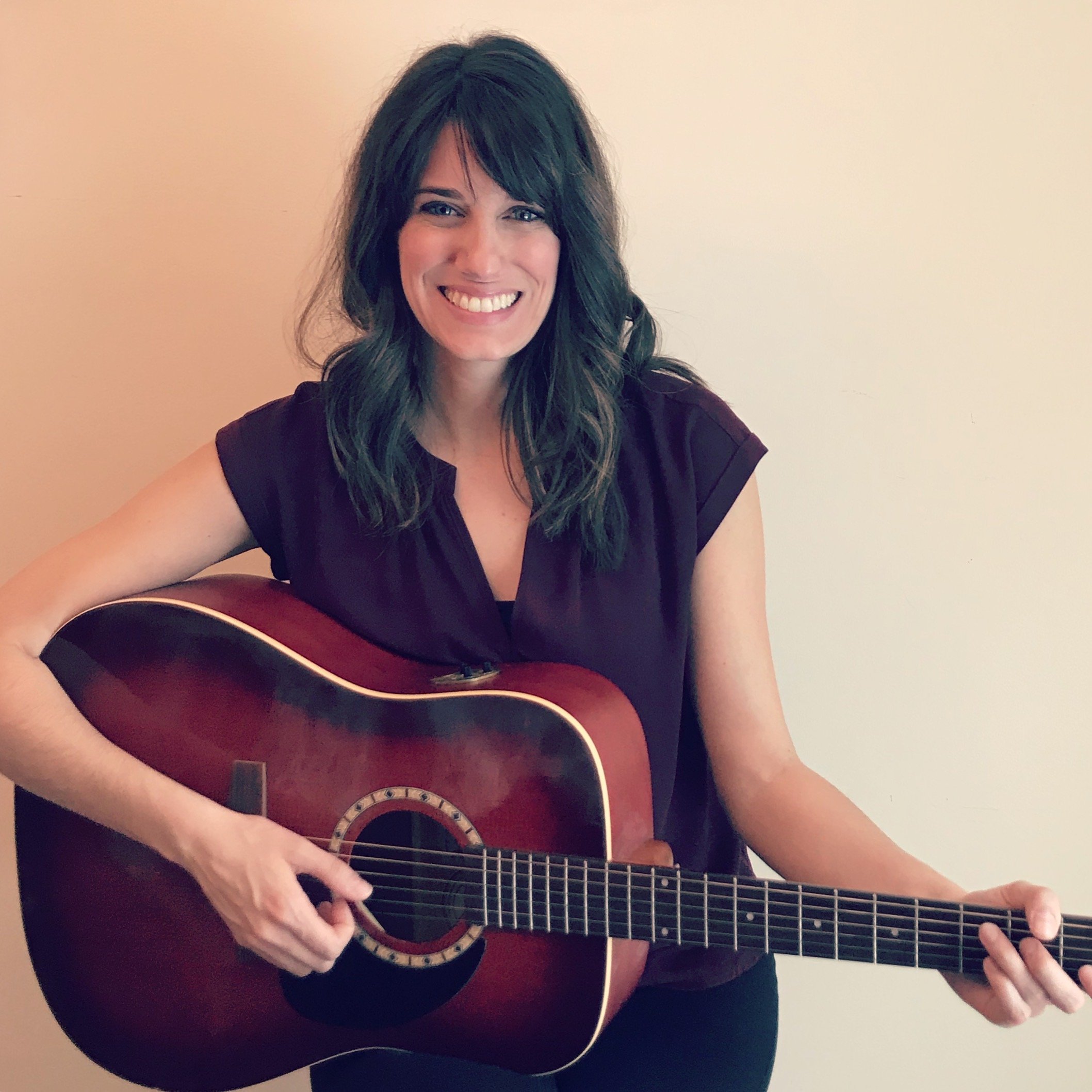
About
Harmony Music Therapy Services provides clinical music therapy services for children and young adults to target individualized goals including developing communication and social skills, increasing emotional regulation and expression, improving sensorimotor functioning, improving mood and facilitating relaxation, and developing musical skills through engaging and expressive musical interactions with a licensed professional music therapist.
Our child-centered approach prioritizes the needs, preferences and learning styles of each individual child and gives each child opportunities to lead and express themselves by making choices and expressing personal preferences within the therapeutic space. We serve children and young adults with developmental disabilities, learning differences, social and emotional needs, and medical conditions.
We are passionate about helping children and young adults to grow, develop skills, express themselves and their individuality, and reach their fullest potentials by utilizing the engaging, motivating and healing qualities of music in the music therapy setting.
What is music therapy?
Music therapy is the clinical and evidence-based practice which uses musical interventions as a tool to accomplish individualized goals within a therapeutic relationship with a licensed music therapist.
Music therapy is used with a wide variety of client populations of all ages to address unique goals such as increasing expressive and receptive communication, improving fine and gross motor skills, increasing emotional regulation and awareness, improving social skills and reciprocity, decreasing anxiety and increasing relaxation, increasing cognitive functioning and attention to task, building confidence and self-esteem and improving music skills.
Music therapists utilize a variety of techniques including singing songs, musical improvisation, song listening, identifying emotions in music, movement to music, music relaxation, songwriting, and adaptive methods to learning instruments.
Meet Our Music Therapist
Melanie Avery is a Board-Certified Music Therapist and Licensed Professional Music Therapist in the state of Maryland, who has been working in the field for over 9 years with children and young adults in schools and in client’s homes. Melanie received her Bachelor of Science in Music at Towson University, where she focused on vocal studies and performance. Melanie went on to obtain her Master of Arts in Music Therapy in 2018 from Immaculata University. She completed her clinical internship and began her professional music therapy career at the Young Children’s Center for the Arts in Philadelphia, PA, where she focused on early intervention and developmental music therapy and education in an inclusive early childhood setting. She then worked at Kennedy Krieger School in Baltimore, MD and Linwood Center in Ellicott City, MD, providing individual and group music therapy for students with autism and other developmental disabilities. Melanie then worked as a music therapist for 4 years for Baltimore County Public Schools, where she specialized in school-based music therapy for students with autism and other developmental disabilities to target students’ IEP goals such as improving speech and language skills, social skills, emotional regulation, and academic skills. Melanie began providing in-home music therapy services for children and young adults with developmental disabilities and their families in 2020, and has continued to grow her practice since then, serving clients in downtown Baltimore and surrounding areas. Melanie specializes in helping children and young adults to learn and develop skills such as expressive and receptive communication skills, social skills, emotional identification and regulation, cognitive and attention skills, motor skills, mindfulness and relaxation, self-expression, creativity and self-confidence, and musical skills through personalized, engaging and motivating music therapy interactions and experiences. In addition to music therapy practice, Melanie teaches pre-school and developmental music classes at schools and early childhood centers in Baltimore. Melanie sings and plays the ukulele, guitar, keyboard, and percussion instruments. She loves classic rock, jazz, pop, classical, musicals, and Disney music!
What may a typical music therapy session with my child or young adult look like?
Engaging in singing preferred and motivating songs
Singing helps to increase vocalization and develop language skills in individuals with communication difficulties and delays. Singing also increases self-expression and improves mood. Clients are encouraged to select preferred and motivating songs to sing with the music therapist. Songs which teach specific concepts or skills such as social skills, emotional awareness or academic skills such as counting and phonics may also be utilized in music therapy.
Playing a Variety of Instruments
Playing instruments helps to improve motor functioning, improve listening skills and attention, develop social skills, and increase self-expression and confidence. Clients may engage in playing a variety of percussion instruments such as shakers and drums and/or melodic instruments such as a xylophone or keyboard in playful improvisation or call-and-response activities. Clients who want to learn to play instruments such as the keyboard, guitar and ukulele may learn adaptive methods to learning music theory and playing instruments, including using color notation for the keyboard, adaptive devices for the guitar, and a slower-paced learning model.
Expressive Movement to Music
Movement to music improves motor functioning, increases body awareness and self-regulation, facilitates self-expression, and boosts mood. Clients may engage in expressive movement and dance to preferred songs, learn sign-language/motions to accompany singing songs, or engage in clapping and body percussion to establish rhythm.
